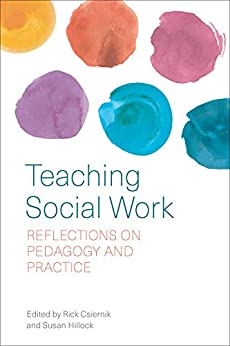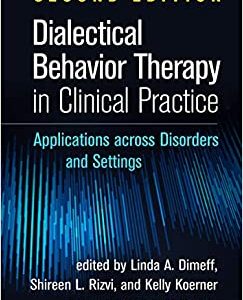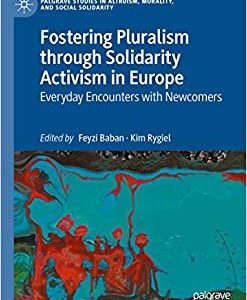Social work education has the potential to be transformative, consciousness raising, and to produce social change while inspiring hope in students for the creation of more just systems. An understanding of oppression, its diverse manifestations, and its differential impact on vulnerable individuals and groups is essential to contemporary social work education. What then is the best manner in which to prepare educators for the immensely important, complex, and multidimensional role as teacher of social work?
Most social work instructors learn to teach through trial and error, bringing their own style, experiences, and preferences to the endeavour rather than having a formal program of education and instruction on how to best educate and instruct. This book addresses the complex and uncertain field of social work education, gathering together thirty experienced professors and practitioners who teach in BSW, MSW, and PhD programs. Together, the contributors create a framework for social work educators to reflect on how they teach, why they teach in specific ways, and what works best for teaching in the discipline of social work.











